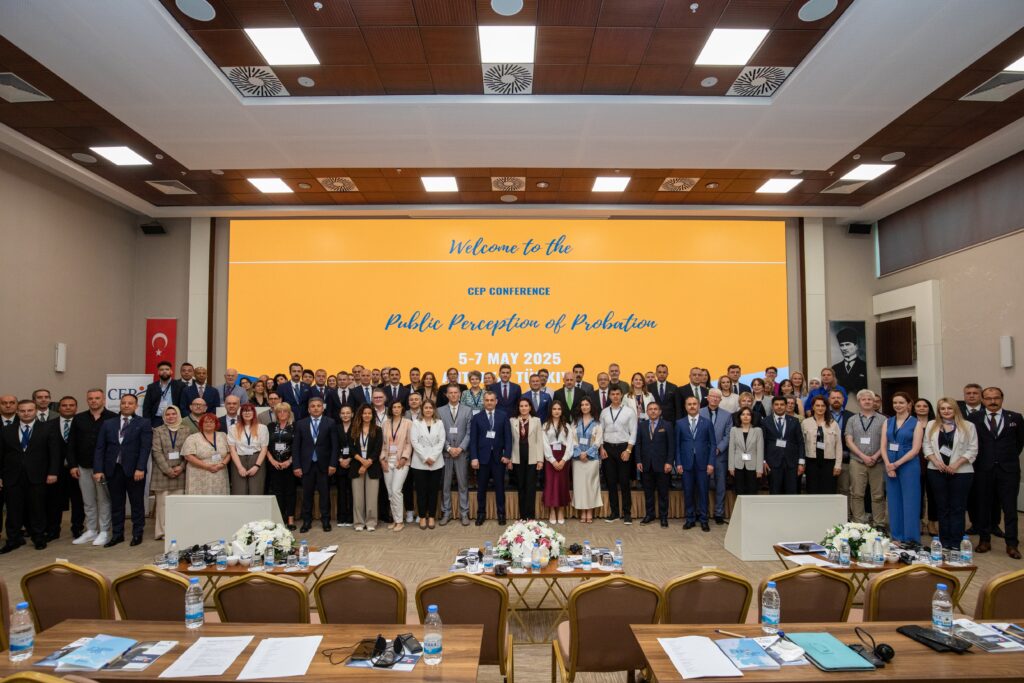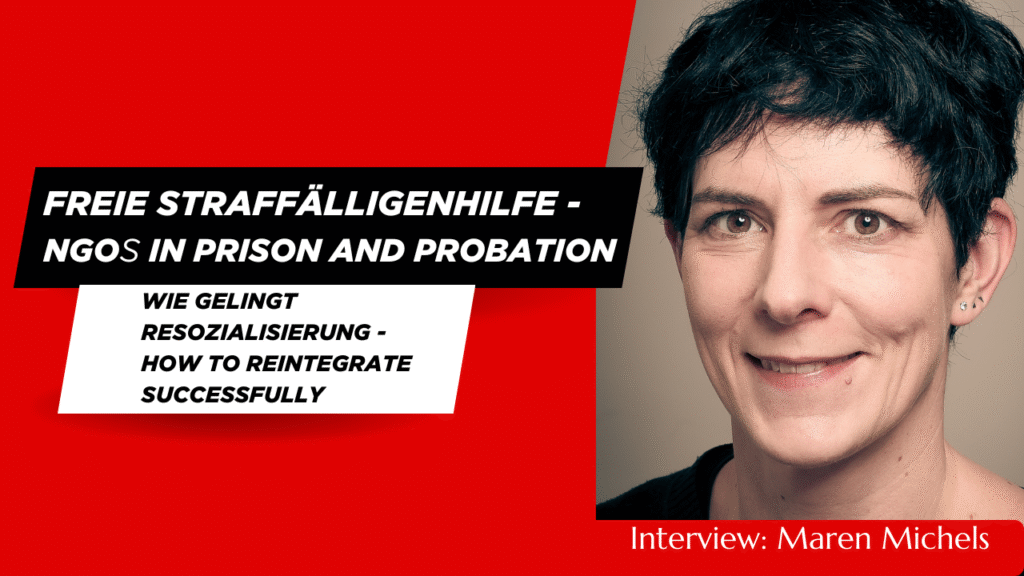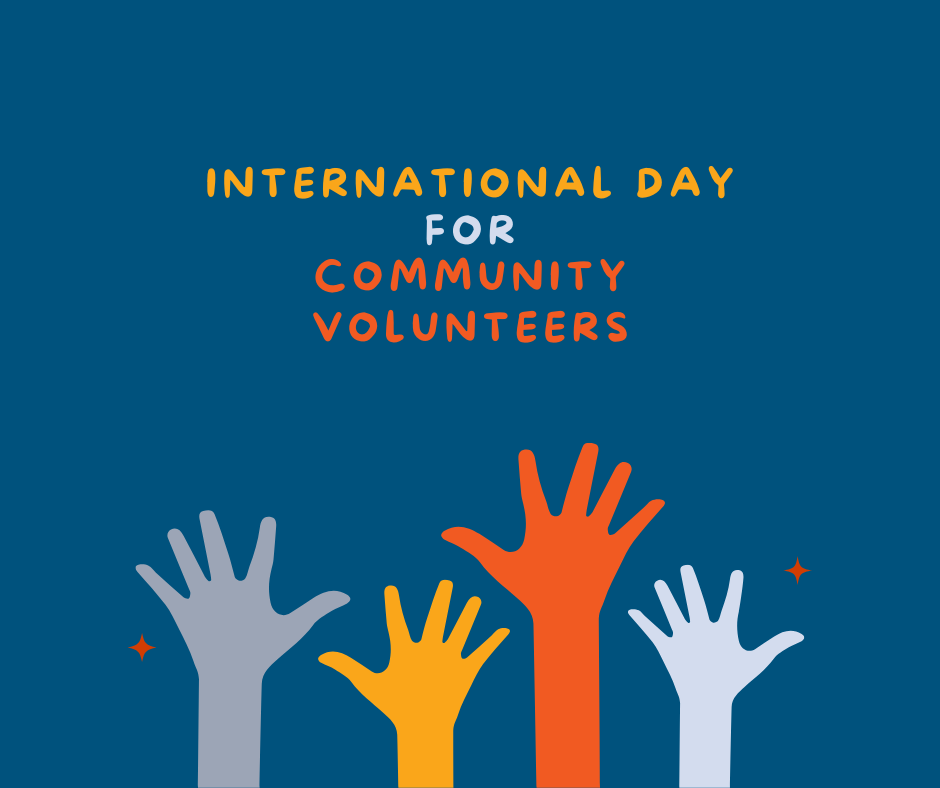Previous Article
News
A portrait of a small probation organisation: Geschäftsstelle Bewährungshilfe Liechtenstein
Every probation organisation in Europe is different from the other, although most of them have a lot of similarities. There are some that are different from all the others. I’m talking about the smallest member organisations of the CEP. In this special series of articles, you can read about what makes them special, how they function, about the positives of working in a small organisation and about the difficulties that are sometimes faced. The second probation service in this series is Geschäftsstelle Bewährungshilfe Liechtenstein. Director Josef Köck tells us about his organisation.
Geschäftsstelle Bewährungshilfe Liechtenstein team: Franz Hanich, Tamara Clare-Stupp, Manuela Haldner-Schierscher und Josef Köck.
With the Geschäftsstelle Bewährungshilfe Liechtenstein we added the smallest probation organisation in Europe to our series. The team consists of only four members that manage all sorts of tasks within the field of probation. Although three of the probation officers work part-time, they handle about 65 cases. Twenty to forty of them are conflict settlements, fifteen to thirty-five are mediation of charitable services, ten of the cases consist of coaching sessions in jail or providing the court with advise.
Josef Köck and his probation officers have been working together for over ten years, which makes the team very stable. “We have a very trustworthy, open and positive working atmosphere. The high level of collaboration within the team and thus the high level of satisfaction enables us to reach excellent results. In a small team, the motivation for this area of social work is an important condition for the probation service.” Every teammember needs to be trained for working with clients that have committed a wide variety of offences. “We have a highly qualified staff that regularly attends professional trainings. Continuing the education of staff is of importance.”
Volunteers
Besides the daily team, there is also a team of volunteers working for the Geschäftsstelle Bewährungshilfe Liechtenstein. “We have a small team of four experienced volunteers that work in the field of probation. It is my duty to lead both teams and to supervise them. I have a meeting with the voluntary team once a month.”
Disadvantages
According to Josef Köck a disadvantage of working in a small team is that the job comes with quite a high level of stress. “When cases are looking unpromising, the employee has to admit it and bear the consequences.” This disadvantage can also be turned into an advantage: “Within this organisation no team member shall be left alone in case of difficult situations.”
Differences
Small jurisdictions like Liechtenstein, have to deal with different kind of offences than bigger countries in Europe are facing right now. In a small country, for example electronic monitoring is not needed. “The country is too small, the cases too few and the equipement too expensive. Nevertheless, I have checked its applicability and developed a concept to show how it could be a benefit for our institution.”
One of the biggest problems European Probation services face nowadays, radicalisation, is not something the Geschäftsstelle Bewährungshilfe Liechtenstein has to conquer either. “Radicalisation has not yet been an issue for us, but for example once we had to supervise four to five persons with regard to right-wing nationalist violence acts and a number of jobless young people with a migration background.”
Positives
Big organisations dispose a lot more resources and personalities, even professions, which can be very useful. This is not the case in Liechtenstein. They have a different kind of strength: their size. “A small probation service like ours, is able to develop customised and tailored solutions for individual cases.”

Related News
Keep up to date with the latest developments, stories, and updates on probation from across Europe and beyond. Find relevant news and insights shaping the field today.
Recap

CEP Events, Communication and Awareness-Raising
Recap: Conference on Public Perception of Probation
06/05/2025
From 6 to 7 May, the CEP Conference on the Public Perception of Probation in Europe took place in Antalya, Türkiye, bringing together over 100 participants from more than 20 countries. The event offered space for open discussion, exchange of experiences, and practical ideas on how probation is seen and supported across Europe.
New

Probation in Europe
New Interview Online with Felix Gerike, a survivor of a knife attack
01/05/2025
What do victims of violent crime need to recover—and what can be done to prevent such attacks?
In the latest episode of Division_Y, Jo Tein, CEP board member, speaks with Felix Gerike, a survivor of the 2023 Brokstedt knife attack in Germany. Felix played a crucial role in disarming the attacker, helping to prevent further harm. He shares his personal experience, reflections on victim support, and his views on justice and policy responses to violent crime.
Probation in Europe
New Executive Summaries for the report on Building Probation Capacity in Spanish and Italian
01/05/2025
Updated

CEP Board, Probation in Europe
New Interview Online: Maren Michels – The Role of NGOs in Probation
22/04/2025
In the newest Division_Y interview, Maren Michels, director of the Hamburg Welfare Association, shares her experiences and reflects on the vital role that NGOs play in supporting people during and after incarceration.
New

CEP Events
Want to Win a CEP Award? See How Finland Did It – Apply for 2025!
22/04/2025
We’re excited to share an exclusive interview with the winners of the Development of National Probation Services Award from the CEP Awards 2022:
The Prison and Probation Service of Finland.
New

Volunteers
International Day for Community Volunteers
17/04/2025
17 April – International Day for Community Volunteers!
Today, we celebrate the inaugural International Day for Community Volunteers Supporting Offender Reintegration—a day dedicated to acknowledging the vital contributions of volunteers who assist individuals in their journey back into society.
This initiative was launched during the 2nd World Congress for Community Volunteers, held alongside the 6th World Congress on Parole and Probation in The Hague (16–18 April 2024).
At CEP, we’re proud to support the official Declaration on the International Day for Community Volunteers. We’re also actively involved in the CoPPer project—a European initiative aimed at promoting community participation in probation services. CoPPer focuses on training volunteers to support individuals under supervision, helping them access education, employment, and community connections.
A heartfelt thank you to all the community volunteers out there—your dedication makes a real difference.
Subscribe to our bi-monthly email newsletter!
"*" indicates required fields
- Keep up to date with important probation developments and insights.

